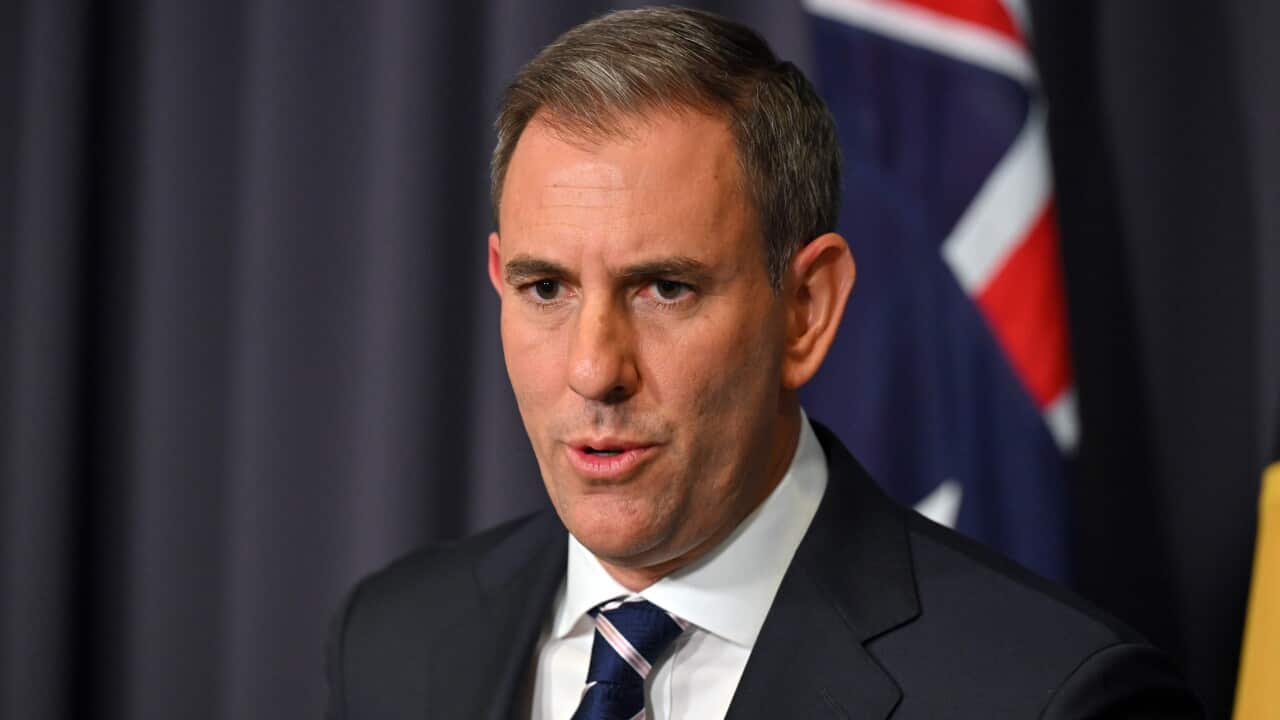KEY POINTS
- Treasurer Jim Chalmers has warned the US’ proposed tariffs could add to inflationary pressures in Australia.
- US President Donald Trump has proposed tariffs that would hit both allies and competitors.
- The Reserve Bank says the global economic outlook is uncertain and it may hike rates again if inflation rises.
US President Donald Trump’s tariffs plan could spur Australia’s inflation, Treasurer Jim Chalmers says, after the Reserve Bank of Australia (RBA) warned it could hike rates again if it rises.
Trump last week that would hit both allies and competitors in what he says will raise revenue and remedy trade imbalances.
The federal government is particularly concerned about proposed . These are due to take effect in March, and Australian officials have been working to similar to what was granted during Trump’s first term.
Following the central bank’s board meeting on Tuesday where a rate cut was called, that if inflation again started to increase rates may need to be hiked.
“Now, what we’ve observed from overseas, we have observed it a bit here as well, it can be bumpy. It’s not a smooth ride,” Bullock said.
The RBA has noted a high degree of uncertainty surrounding the global economic outlook, and much would depend on the extent of tariffs imposed by Trump and the response of other governments around the world.
Chalmers told the Nine Network’s Today show on Wednesday that the “concern” for Australia was that tariffs ran the risk of pushing up inflation and slowing economic growth.
“We’ve got a very trade exposed economy,” Chalmers said. “And so we don’t want to see the escalation of these trade tensions. There is a lot of global economic uncertainty.”
The RBA upgraded its expectation for growth in China’s economy to 4.7 per cent in 2025.
The resulting increased demand for Australian exports would boost Australia’s economy and broadly cancel out the economic effects of a potential trade war.
Some have argued many of the things Australians buy would likely get more expensive even if an exemption on steel and aluminium imports is carved out.
Writing in The Conversation last week, Scott French, a senior lecturer in economics at the University of NSW, said tariffs would raise the cost of these materials for US manufacturers.
He said about 11 per cent of Australia’s imports come from the US, “and about half of this consists of machinery, vehicles, aircraft, and medical instruments, which typically contain steel and aluminium”.
“Further, these goods are used by manufacturers around the world to produce and transport many of the other things Australians buy,” French wrote in The Conversation.
But John Hawkins, a senior lecturer at the University of Canberra’s School of Politics, Economics and Society, said while proposed tariffs may increase inflation and interest rates in the US, that may not be the case in Australia.
“Indeed, a trade war would weaken the global economy, which could lead to less inflation in Australia,” Hawkins wrote in The Conversation on Wednesday.
With the Australian Associated Press.
